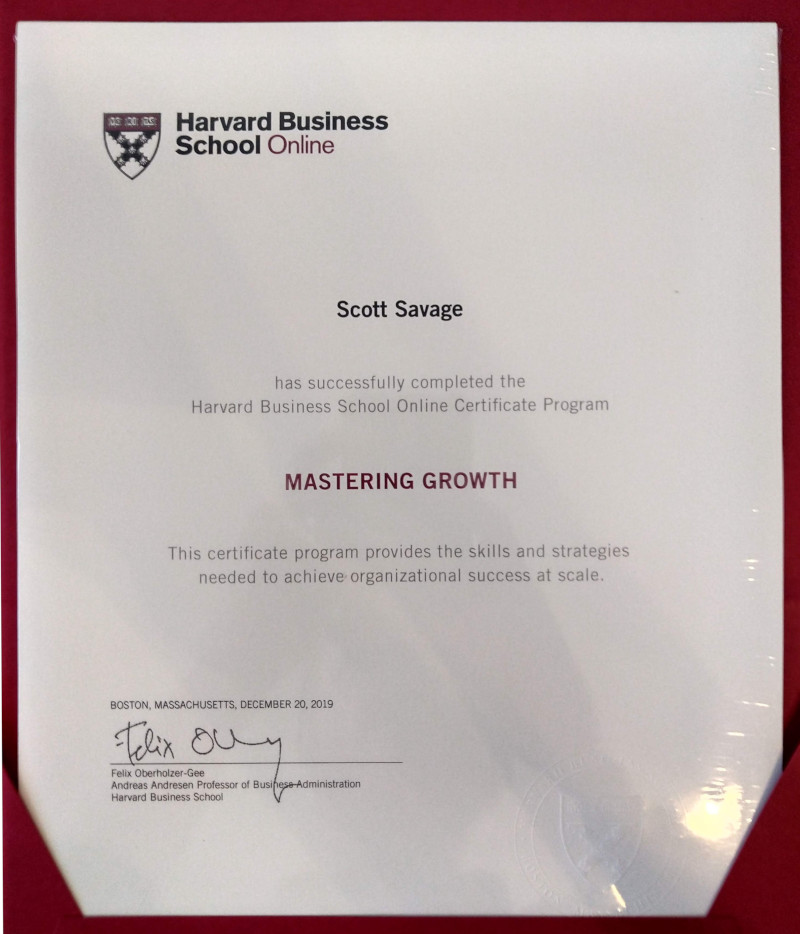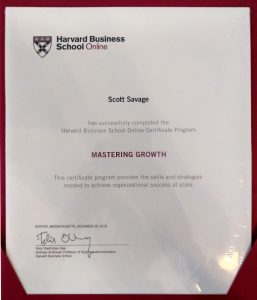Many years ago I had a direct report who had been very successful in a similar role at a previous company. They were rightly very confident in their technical ability. They knew what they were doing.
But when they moved companies, they unexpectedly recognised that they were not hitting clear and mutually agreed targets. Something was wrong. The issue couldn’t possibly be anything professional, because their skillset had been proven in a previous role. The issue couldn’t be personal, because as a person they hadn’t changed. So what’s left? It must be a cultural fit issue.
This is where it gets tricky. Culture in an organisation permeates everywhere, but ultimately it comes from the top. It’s very confronting and complex to determine how the role you know and love is perhaps wildly different in this new culture. You need to question your own strengths and weaknesses and decide whether you can or even want to adapt.
Instead it’s far easier to pin the cultural conflict on one or all leaders within the company and put it down to a personality conflict. “I’m doing the role right, it’s the company that needs to change”. This may in fact be true and even in the best interests of the company, but you’ve effectively decided it’s you vs the company. That never ends well.
My advice then is to join a new employer based on it’s culture above anything else. Even most new CEOs fail to change the culture, so find somewhere that fits your values.



